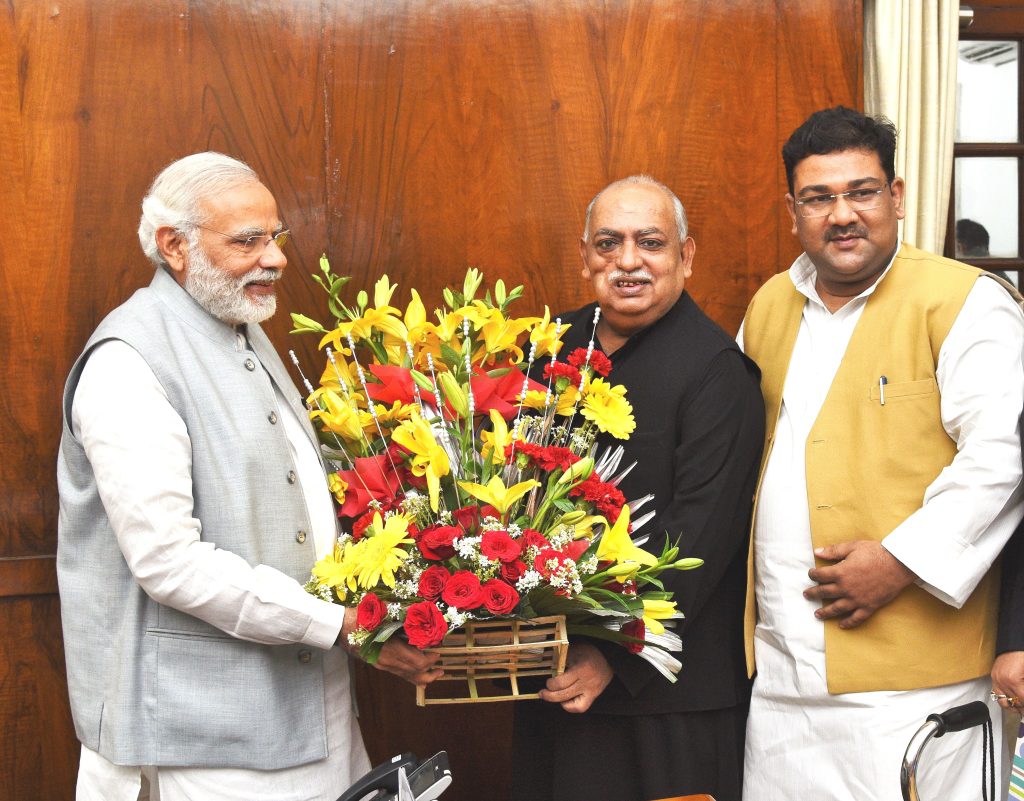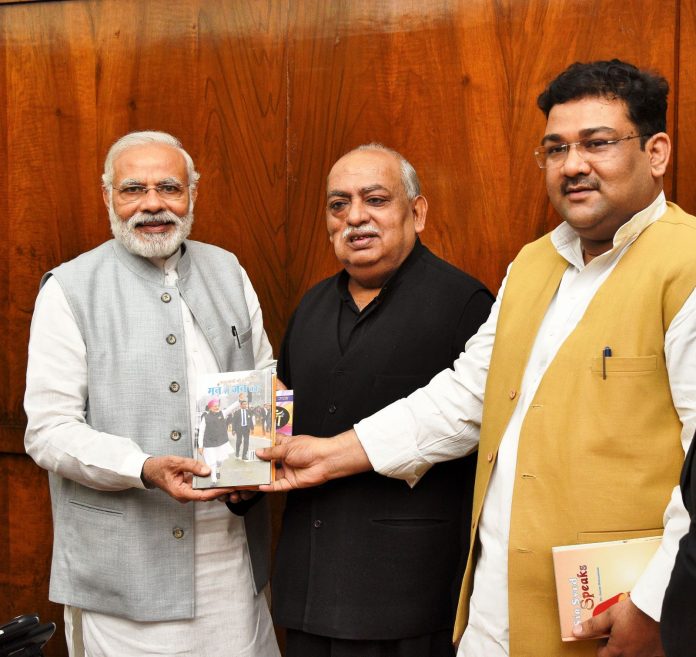Munawwar Rana: Echoes of Urdu Poetry Fall Silent as Renowned Poet Bids Farewell
Munawwar Rana: Remembering the Poet Who Wove Words into Emotions
Urdu Poetry Mourns: Munawwar Rana’s Legacy Ends with Poetic Farewell
By Prof. Jasim Mohammad
Munawwar Rana, the distinguished Urdu poet, bid farewell to the mortal world on Sunday, leaving behind a legacy that reverberates through the realms of Indian literature. Born on November 26, 1952, in Rae Bareli, his journey unfolded as a poetic luminary who weaved emotions and thoughts into the fabric of Urdu poetry.
Rana’s literary brilliance illuminated the tapestry of Indian literature, notably through his groundbreaking work, “Shahdaba,” which earned him the prestigious Sahitya Akademi Award in 2014. However, in an act of profound conviction, he returned the award in 2015, citing political reasons.
His poetic journey was characterized by a unique approach, favoring the use of Hindi or Hindustani words over complex Arabic or Persian vocabulary. This choice resonated with the masses, making his poetry an instant hit among a diverse audience. One of his most acclaimed works, ‘Maa,’ employed the Ghazal genre to extol the virtues of a mother, showcasing his ability to connect deeply with human emotions.
Tragically, the final chapter of Munawwar Rana’s life unfolded at the Sanjay Gandhi Post Graduate Institute of Medical Sciences in Lucknow, where he spent his last six days on a ventilator. His daughter, Somaiyya Rana, confirmed the news of his demise, marking the end of an era.

Beyond the personal, Munawwar Rana’s influence extended to the political sphere, with notable figures expressing condolences for the loss. Prime Minister Narendra Modi acknowledged his rich contributions to Urdu literature and poetry, recognizing the poet’s significant impact on Indian literary heritage.
In the tapestry of Urdu poetry, Munawwar Rana’s verses delved into the complexities of life, love, and society, leaving an indelible mark. His work, translated into various languages, reached audiences far and wide, contributing to the enrichment of cultural dialogue.
In 2017, an intriguing meeting unfolded between Munawwar Rana and Prime Minister Narendra Modi, lasting around four hours. During this interaction, discussions spanned diverse topics, and the poet’s admiration for both PM Modi and Yogi Adityanath was evident. The Prime Minister, expressing concern for Rana’s health, advised him to prioritize his well-being—a sentiment the poet wholeheartedly agreed with.
Munawwar Rana’s contributions to Urdu literature endure as a timeless legacy, inspiring future generations to explore the richness of language and the depth of human experience through the written word. His departure marks the end of a chapter in Indian literature, leaving behind a body of work that will continue to resonate and engage readers for generations to come. As Lucknowites mourn the loss of this poetic soul, the impact of Munawwar Rana’s verses persists, reminding us of the enduring power of poetry to capture the essence of life.
In the year 2017, I orchestrated a significant meeting between Munawwar Rana and Prime Minister Narendra Modi, where discussions unfolded over the course of 44 minutes. During this engaging exchange, Rana conveyed his admiration for both PM Modi and Yogi Adityanath. The Prime Minister, demonstrating a personal touch, inquired about Rana’s health and earnestly advised him to prioritize his well-being—the advice wholeheartedly accepted by the poet. The moments were etched in my memory as I recalled the PM attentively listening to Rana’s poetry, commending his literary prowess, and encouraging him to continue contributing positively to be remembered by the people.
The moments spent with Munawwar Rana during our meeting in 2017 are etched in my memory, creating an indelible connection with the celebrated poet. His wisdom, warmth, and the candid discussions we shared have left an enduring impact on me. The legacy of Munawwar Rana, woven into the fabric of Indian literature, will undoubtedly stand the test of time, inspiring generations to come. His poetic brilliance, particularly in works like ‘Maa,’ will continue to resonate, and the memories of our interactions serve as a cherished reminder of the profound conversations with a literary luminary.
Rana, renowned for his impactful contributions to Urdu literature, left an indelible mark with his celebrated poem ‘Maa,’ eloquently portraying the virtues of a mother in the traditional ghazal form. His literary brilliance was acknowledged with prestigious awards, notably the Sahitya Akademi Award in 2014 for his poetry book ‘Shahdaba.’ Rana’s stellar achievements extended to receiving accolades such as the Ameer Khusro Award, Ghalib Award, Dr Zakir Hussain Award, Mir Taqi Mir Award, and The Saraswati Samaj Award, underscoring his profound influence in the realm of literature. Beyond his literary pursuits, Rana’s engagement in Uttar Pradesh’s politics through his daughter Sumaiya’s active involvement with the Samajwadi Party added another dimension to his multifaceted legacy.
Prime Minister Narendra Modi mourned the demise of renowned poet Munawwar Rana, emphasizing the poet’s invaluable contributions to Urdu literature and poetry. In a heartfelt expression of grief, PM Modi conveyed his condolences to Rana’s family and admirers, recognizing the profound impact the poet had on the literary world. The message, shared on X, reflects the Prime Minister’s acknowledgment of Rana’s significant role in shaping Urdu literature and the cultural heritage of the nation. The passing of Munawwar Rana marks the end of an era, with PM Modi’s words underscoring the poet’s enduring influence.
Javed Akhter an Indian screenwriter, lyricist, and poet said that a significant loss has occurred to Urdu, poetry, and the culture of Hindustan today. “This heritage is slowly fading away. First, Rahat Saab, and now Munawwar. Their void cannot be filled. May his family and relatives find strength in this difficult time; this is my prayer. What comes, goes. What can one do? Creating good poetry is a challenging task, but even more challenging is creating one’s poetry. Rana made the word “Maan” (Mother) a part of poetry. Previously, the word “Mother” was not used in poetry. Whatever happens, Rana will be remembered because of his poetry,” he said.





















